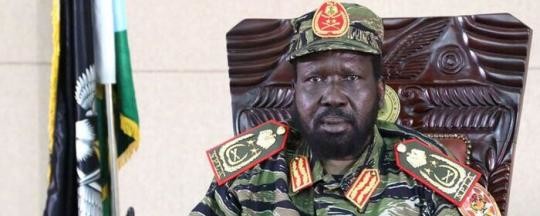A report submitted to the UN Human Rights Council in Geneva questions the independence of the proposed South Sudan Media Authority and says the country’s new media laws do not provide real legal protections for journalists.
Several media associations in South Sudan and Western donor countries had lobbied to create a legal framework for greater regulation of the press. This resulted in the passage of three media bills in late 2013, which were announced as signed into law almost a year later.
The Media Authority Act provides that 100% of all members of the board of directors of the Media Authority shall be appointed by President Salva Kiir, the head of the ruling SPLM-Juba faction and leader of one of two main warring groups in South Sudan.
A report by the UN High Commissioner for Human Rights, prepared in advance of the 28th session of the UN Human Rights Council in Geneva, says that respect for freedom of expression has “deteriorated” in South Sudan.
“On 9 September, the Office of the President reported that three media bills had been signed into law: the Media Authority Act, the Right of Access to Information Act and the Broadcasting Cooperation Act. While some portions of the laws promote human rights, the Media Authority Act retains the criminalization of defamation from the South Sudan Penal Code of 2008, making the offence punishable by a fine or up to two years in prison,” reads the report.
“With the powers to appoint and remove members of the bodies established by these laws given to the executive, the protection for journalist and media practitioners envisaged by the laws appears to be nominal,” it adds.
The proposed Media Authority has not yet been formed.
File photo: President Salva Kiir
Related:
Contradiction within Media Authority Act on defamation (19 Nov.)
Ateny contradicts Kiir on date of media bills (13 Oct.)
S. Sudan presidency unclear on whether media bills in force (12 Sept.)




